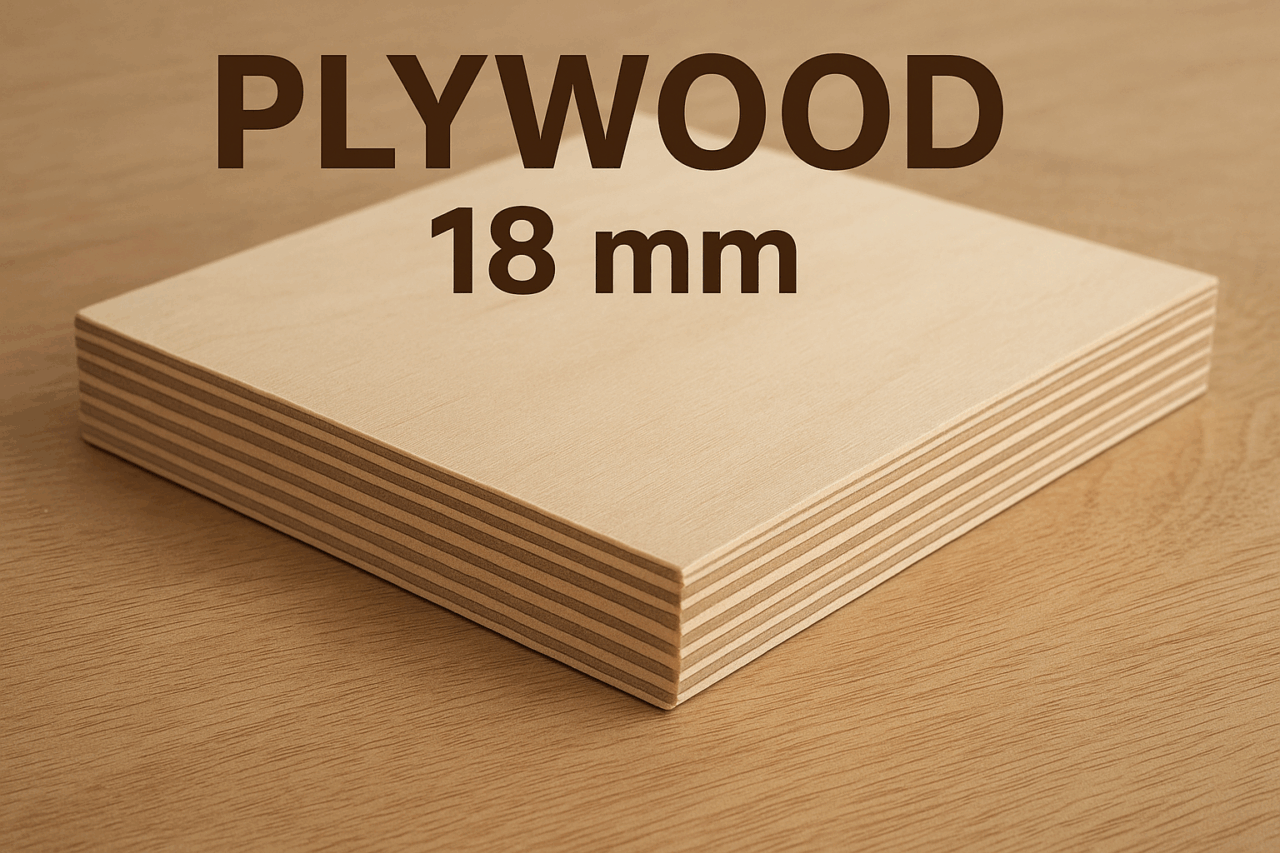Ah, plywood, that humble yet versatile hero of the DIY world! You may not think much about it outside of your weekend project plans, but did you know that plywood was used in the construction of the iconic Spruce Goose airplane by Howard Hughes? Yes, this layered wonder of the woodworking world is not only a staple in your garage but also a part of aviation history. So, how much does an 18 mm thick sheet of plywood weigh, you ask? Typically, a standard 4′ x 8′ sheet of 18 mm plywood weighs around 70 to 80 pounds (approximately 32 to 36 kg), depending on its composition and manufacturing process.
Let’s rewind to a time before plywood was the go-to material for everything from building furniture to crafting musical instruments. Picture the 70s—bell-bottoms, disco balls, and the emergence of plywood as a popular choice for both construction and design. The origins of plywood date back to ancient Egypt, where thin layers of wood were glued together to make coffins for the pharaohs. Fast forward to the 20th century, and we find plywood hitting the mainstream, with its lightweight yet sturdy nature making it a favorite for builders and hobbyists alike.
Now, weighing plywood might seem as simple as stepping on a scale, but there’s a twist. You see, plywood doesn’t have a fixed weight because it varies based on factors like wood type and glue density. Knowing the weight is crucial, especially for those of us who still remember lugging around boomboxes in the 80s. A miscalculation could mean the difference between a smooth project and an unexpected workout. So, the next time you’re planning your home renovation or channeling your inner Bob Vila, remember—knowing the weight of your plywood isn’t just about numbers; it’s about ensuring that your project is as seamless as a Bee Gees harmony.

Comments (0)
There are no comments here yet, you can be the first!